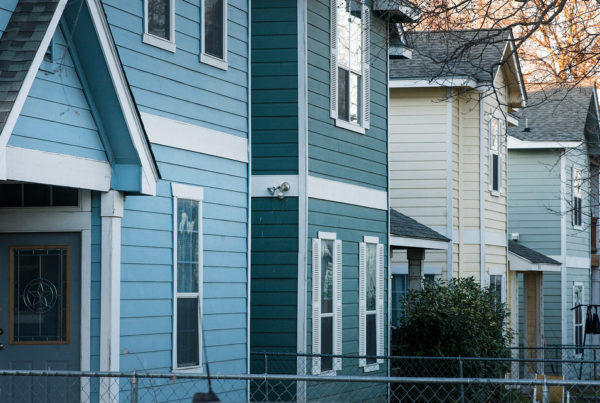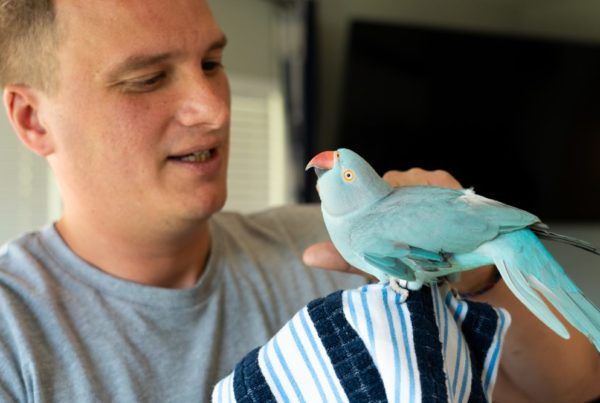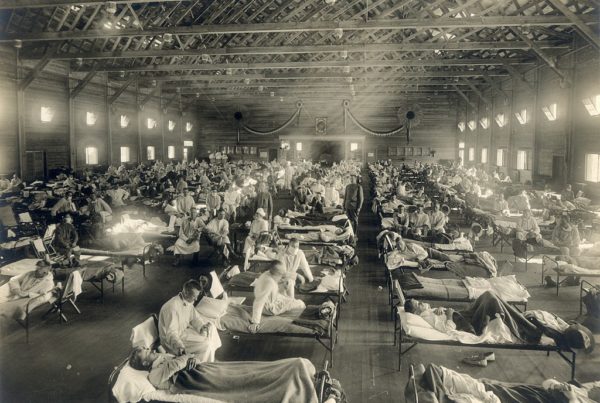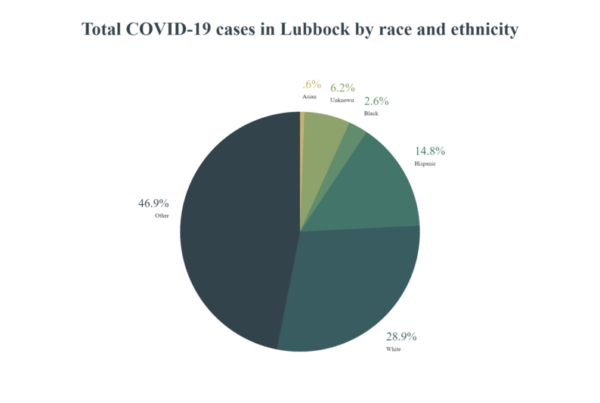Here are the stories on Texas Standard for Monday, March 22, 2021.
SB 30 Racial Limitations on Contracts
For years, racist clauses were embedded in property agreements. That could change if Senate Bill 30, written by Royce West, a Dallas state senator, is passed. State Sen. West talks to the Standard.
Workers and the Border Shutdown
It’s now been a year since the United States and Mexico closed the border to all non-essential travel. The pandemic restrictions have underscored the importance of workers who travel back and forth between the two countries. It’s something many border residents don’t talk about openly as they adapt to a new reality. KTEP’s Angela Kocherga reports from El Paso.
HIV Drug Access
Thousands of Texans living with HIV have struggled to afford life-saving medication during the pandemic. Job losses have pushed people off their insurance. Many have turned to a statewide program that helps 20,000 Texans get their HIV medicine. But as Houston Public Media Health Reporter Sara Willa Ernst explains, Texas has its own money problem that’s putting the program at risk.
Oil Rally Already Over
After a stretch of improvement, oil prices took a tumble last week. West Texas Intermediate crude prices fell eight percent, the largest dip since last September. Is it a bump in the road on the way to a recovery for oil prices, or is something bigger at play? Matt Smith, director of commodity research at ClipperData talks to the Standard.
Selling Art to Make Ends Meet
Few institutions have been left untouched by the economic downturn that’s accompanied the coronavirus pandemic, including museums. Selling off artwork to balance the books is one option. But as The Dallas Morning News’ Michael Granberry writes, that’s easier said than done. Well learn why on today’s show.
Voices From the Flu Epidemic of 1918
How Do You Count The Loss?
One year into our current pandemic, Texas has lost tens of thousands of people. How do you begin to calculate the loss? The Standard’s Joy Diaz has been considering this question.
Missing Race & Ethnicity COVID Data
The one-year anniversary of the coronavirus pandemic has offered a look back at some grim milestones, from the earliest cases to the very first death associated with the virus. Health officials have been busy tracking the data, providing an important look into how Texans have lived so far and what comes next as vaccines give hope. But, as Sarah Self-Walbrick of Texas Tech Public Media reports, there’s still some key race and ethnicity data missing.
All this and Texas News Roundup, plus Social Media Editor Wells Dunbar with the talk of Texas.















